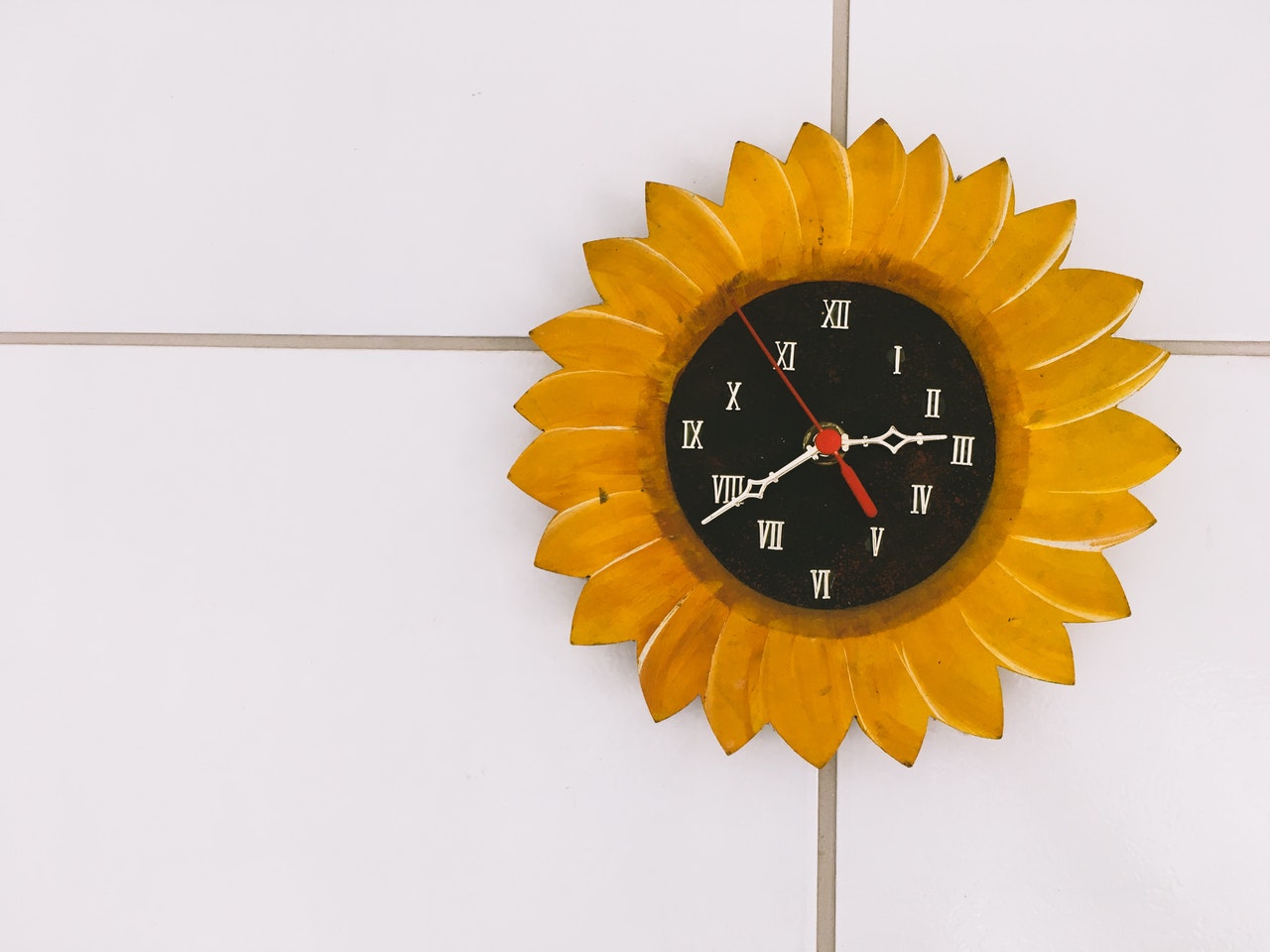Comments
- No comments found

In a Time Magazine feature titled, "Drowsy America," the director of Stanford University's sleep center concluded most adults ”no longer know what it feels like to be fully alert."
The National Sleep Foundation found that about 7 in 10 adults are getting too little sleep, and nearly 6 in 10 suffer from some type of insomnia at least once a week. These people are not simply a little groggy or sluggish, but completely and undeniably walking around as if in a stupor.
Most experts agree that three to four hours of sleep once a week won't cause any long-term problems. You might feel terrible the next day, but you can recover somewhat by going to bed earlier the next evening, or napping if that is an option for you. You might have to force yourself to get into bed at 8:30 or 9:00 on evenings when you'd rather be up and about, but do it – your body will thank you.
If you're missing out on more than ten hours a week, decide to catch up on your sleep now before you further diminish your capabilities. Recovery may take a month or more, but it will be worth it.
In The Organic Clock, author Kenneth Rose observes that each part and function of your body has its own timing. A heartbeat, breathing, speaking, and even hiccuping have their own rhythm. If you sleep too little (or for that matter, too much), you will disrupt internal cycles that require millions of years to evolve.
Rose also found that each of your body’s functions are reset every 24 hours which parallels the natural daily light cycle. Every essence of your being is subject to this circadian rhythm. Circadian rhythm is the daily cycle of activity in living organisms. Altering that rhythm for a prolonged period will prove to be contrary to your own physiology.
In his little known book, The 24-Hour Society, Martin Moore-Ede observes that certain times of the day are important to sleep through, such as between 2:00 a.m. and 5:00 a.m., when human physiology is at its lowest level of alertness. Highest alertness, by the way, is between 9:00 a.m. and noon, and also 4:00 to 8:00 p.m.
If you happen to be short on sleep some particular day, light exercise such as stretching or a brief walk is a good idea. Your energy level may perk up for an hour or two. If you have the opportunity to nap, that would help as well.
Jeff Davidson is "The Work-Life Balance Expert®" and the premier thought leader on work-life balance, integration, and harmony. Jeff speaks to organizations that seek to enhance their overall productivity by improving the effectiveness of their people. He is the author of Breathing Space, Simpler Living, Dial it Down, and Everyday Project Management. Visit www.BreathingSpace.com
Leave your comments
Post comment as a guest